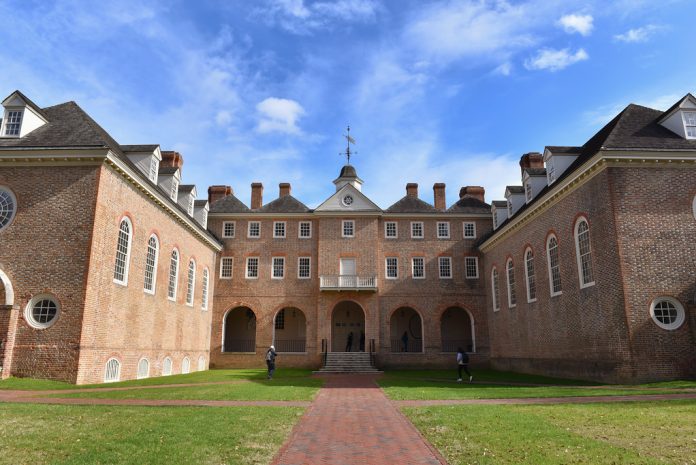In 2019, U.S. Senators Rob Portman and Tom Carper published a bipartisan report that details the lack of transparency in how American colleges and universities manage Confucius Institutes, which are language and culture learning centers located on college campuses and receive funding from the Chinese government.
The College of William and Mary is no exception. The Confucius Institute at the College has been on campus since 2011, and the contract between the College and Hanban, affiliated with the Chinese Ministry of Education, was renewed in 2016, according to the Confucius Institute’s official website.
The Confucius Institute at the College claims that its mission is to “promote the study of Chinese language and culture at William and Mary.” But, in reality, the Confucius Institute is partially funded by the Chinese government. As a result, the curricula and professors sent by the Confucius Institute have to be screened and vetted for Chinese government approval. The most recent contract between the College and Hanban, signed in 2016, stipulates that Hanban “provides course materials, teaching materials, and a set amount of annual funds according to needs.” This agreement raises questions about the propriety of hosting the Confucius Institute on campus.
China has one of the worst human rights records in the world. The Chinese government has put two million Muslims into concentration camps, killed thousands of innocent protesters during the Tiananmen Square Massacre and sent tens of thousands of human rights lawyers, Christians and followers of Falungong to jail. The Chinese government also maintains absolute control over media and education, so no dissident voice is tolerated in media and textbooks. Given a track record like this, we should have a legitimate fear that the Confucius Institute might try to censor ideas that they do not want to discuss in their curricula and textbooks.
In fact, Hanban, the headquarter of the Confucius Institute, explicitly forbids teaching and discussion of Dalai Lama, the Tiananmen Square massacre and other topics related to human rights in China.
The Confucius Institute’s infiltration of the Chinese studies curriculum is even more alarming. A quick search on the College’s course list shows two upper-level courses in the department are taught by professors sent by the Confucius Institute this spring. Allowing the Confucius Institute to send professors to teach for-credit classes means the College has conceded academic control of the Chinese studies department to the Chinese government and undermined students’ ability to acquire knowledge about China and Chinese culture freely.
There is also evidence that the Confucius Institute has hosted events to brainwash students at the College and give a deceptive image of China. The Confucius Institute hosted the Sichuan Folk Cultures Gala in 2019. They invited ethnic Chinese performers to perform Tibetan polyphonic music to showcase China’s ethnic and cultural diversity. Not surprisingly, the Confucius Institute failed to mention that Tibetans are one of the most oppressed groups of people in China, and it is extremely hard for any Tibetans to obtain a passport for travel now. The Confucius Institute has worked hard to convince students at the College and faculty that China is a country that tolerates different cultures and ideas when China is one of the worst regimes in human history when it comes to ethnic cleansing and censorship.
Many universities have already cut ties with the Confucius Institute in the last few years, including Pennsylvania State University, Texas A&M, University of Illinois and the University of Chicago. While teaching Chinese language and culture is a commendable effort to increase global awareness and diversity on campus, partnering with the Confucius Institute is not the way to do it.
As a public liberal arts university, the College should prioritize independent intellectual inquiry and cut ties with the Confucius Institute, the propaganda arm of a repressive regime.
Email Jerry Hu at

